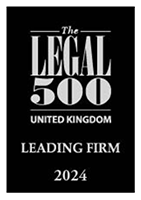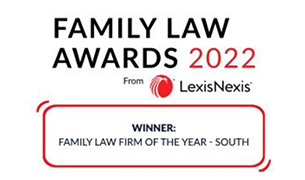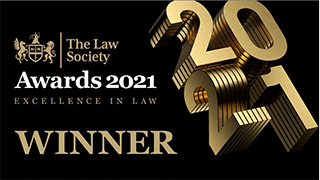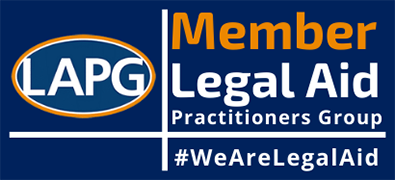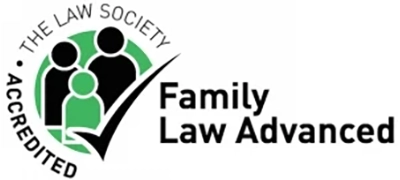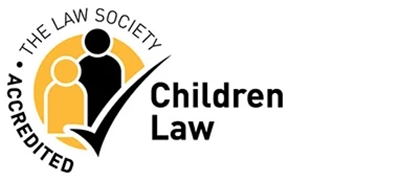
You may hear when going through a divorce people refer to a Form D81 and be wondering what this is and whether this is something that applies to you. Our Trainee Solicitor, Chloe Farmer, explains how it is vital for everyone going through a divorce to understand what this document is and whether it applies to you and your divorce.
What is a Form D81?
A Form D81 or otherwise known as a Statement of Information is a document which sets out the financial information of the parties going through a divorce. When parties have reached an agreement in respect of the finances and how to settle these upon separation a document is drawn up called a Consent Order which sets out what the parties have agreed. A Form D81 is completed and accompanies the Consent Order when filing with the court. It requires parties to set out their assets for example property and pensions, any liabilities they may have, their income and any other information that may be relevant for the court to know about the agreement reached. The Form assists the court with knowing what assets and liabilities there are in a party’s case and is a crucial document for the court to consider whether the settlement reached between the parties is fair to them both. Parties are required to complete their financial position before and after the agreement reached to help the courts see how the proposed financial settlement will affect each party financially if approved.
Is Form D81 and Form E the same?
Form D81 differs from a Form E which you may have heard of in that a Form E is used prior to an agreement between parties and assists parties with reaching an agreement whereas the Form D81 is primarily used after an agreement has been reached and informs the court of the parties’ assets in one concise document.
Do I have to complete a Form D81?
The Form is compulsory for any couple who is wanting to settle their finances by way of a consent order. The Form will need to be completed in its entirety and parties’ will not be able to pick and choose what they want to include.
Each party will fill in their own information as either the applicant or the respondent and both parties are required to sign a statement of truth to confirm that they have made full disclosure of their assets in the document. It is illegal for either party to lie on Form D81 and if you do not believe your former spouse is being honest on the Form D81 you should seek advice immediately before proceeding with filing the D81 at court. There are legal repercussions should one party be dishonest in their disclosure on Form D81.
Can I complete the Form D81 myself?
Yes, you can complete the Form yourself and send this to the court for its approval along with the agreement reached. However, quite often parties will agree a financial settlement between themselves usually disregarding pensions and agreeing for each party to keep their own. Once they have reached an agreement parties will then seek legal advice to assist them with drafting the order and D81, this will result in solicitors wanting financial disclosure including pensions once that pension information is received it may then be that the agreement reached is not a fair one and can cause one party to renege on that agreement. It is always advised that before completing a Form D81 and reaching a financial agreement with your partner upon separation that you seek legal advice to ensure that the agreement reached is fair to you.
Need some advice? Get in touch today
"*" indicates required fields
The information submitted here is used and stored for the purpose of replying to the enquiry. For more information on how we process data please visit our Privacy Policy.


